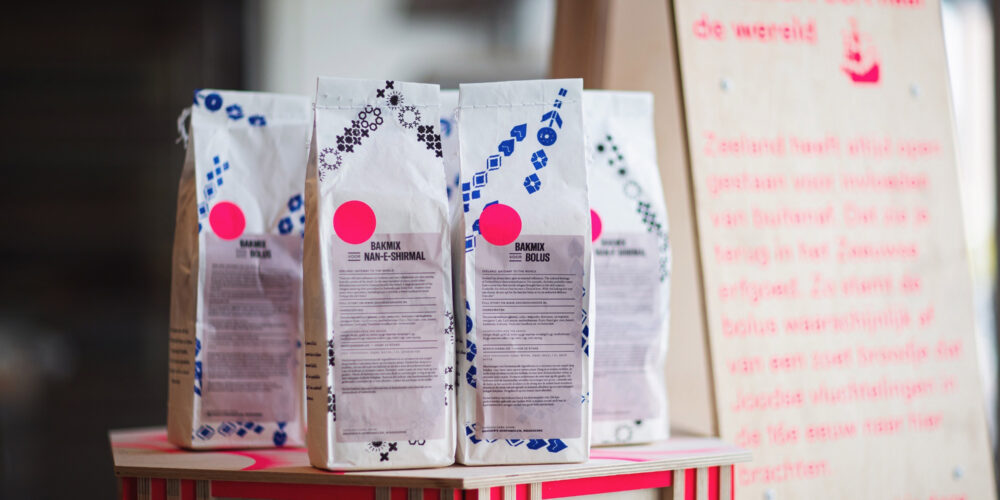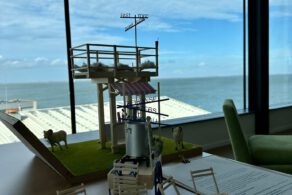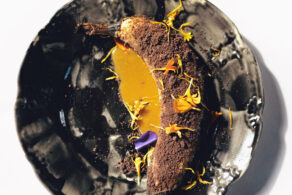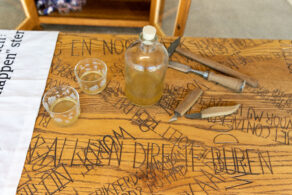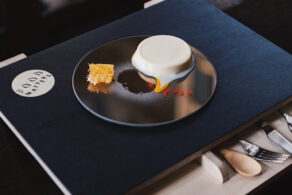Gepubliceerd op 29-07-2020
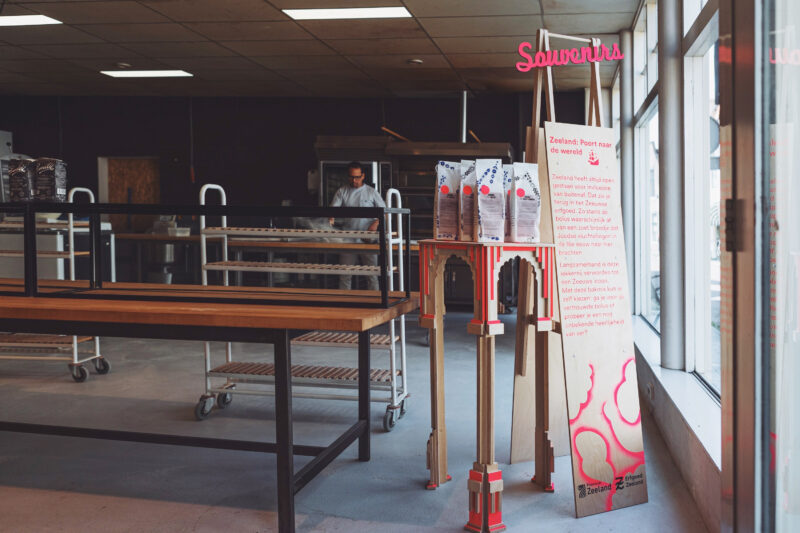
Photo Viorella Luciana Photography
For centuries, Zeeland has been a refuge for religious refugees. Among others, the Huguenots, who as protestants had no religious freedom in 17th and 18th century France, moved to Zeeland.
A century earlier, Sephardic Jews (from Portugal) settled in Zeeland after they were persecuted for their faith in their own country. In Middelburg they had a synagogue and during the 17th century they were given permission to establish their own Jewish cemetery. Nevertheless, they led an inconspicuous existence in Zeeland.
However, their presence was influential. The Sephardic Jews had their own food culture, which was slowly exchanged with the Zeeland food culture. For example, typical Jewish ways of preparing food (frying in oil) were introduced in Zeeland. It is also said that the bolus comes from a sweet bun that the Sephardic Jews brought to Zeeland. Gradually this bun has become a Zeeland icon.
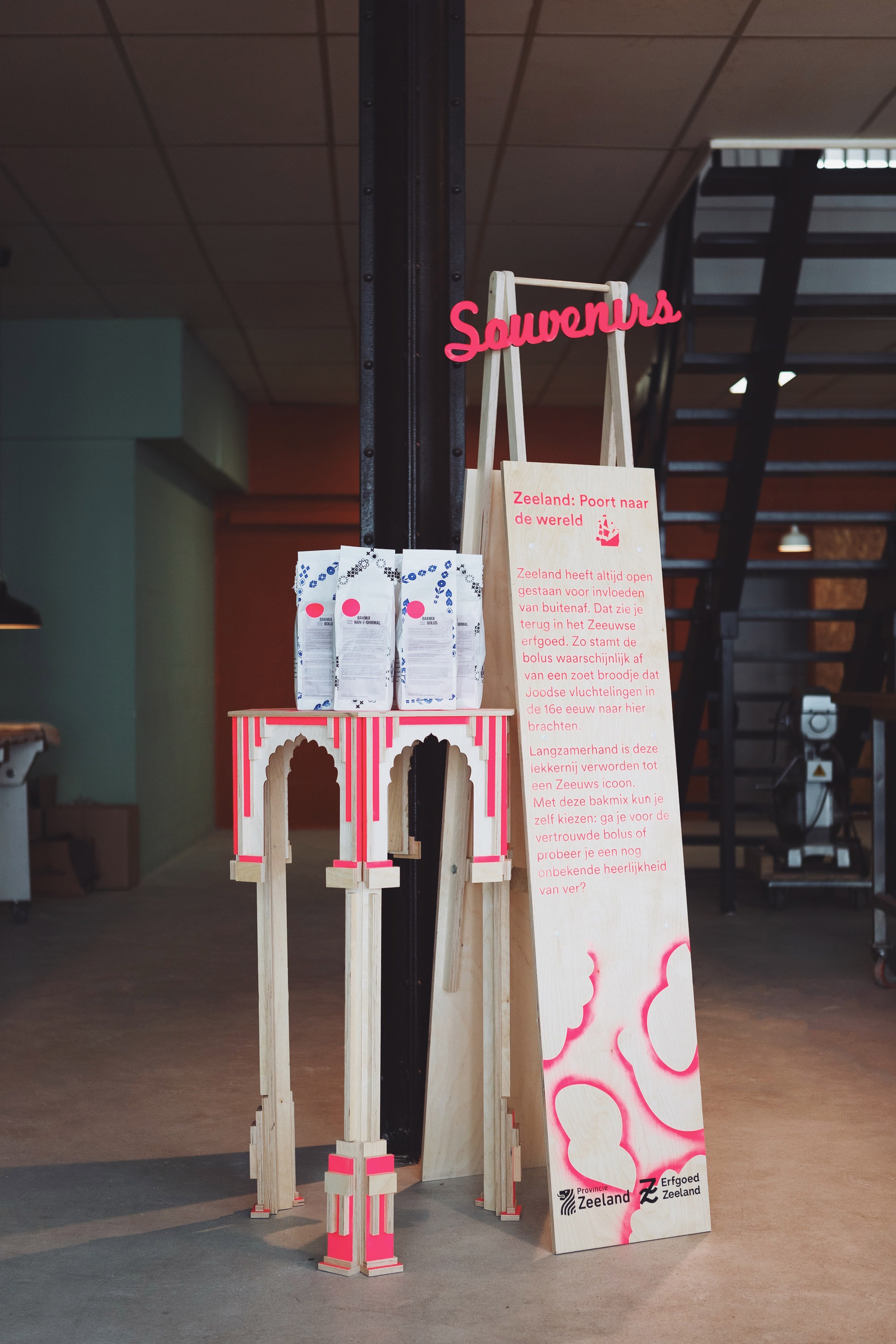 Today, there are still groups that seek refuge in Zeeland. People from different countries await their procedure. Among them are many Iranians. When they become new Zeelanders, they also introduce new ideas here. Maybe we get to know new dishes and flavors through them. Iranians have their own sweet delicacies. One of them is nan-e-shirmal, a bread baked with milk, sugar and cardamom. Maybe this could be a new bolus?
Today, there are still groups that seek refuge in Zeeland. People from different countries await their procedure. Among them are many Iranians. When they become new Zeelanders, they also introduce new ideas here. Maybe we get to know new dishes and flavors through them. Iranians have their own sweet delicacies. One of them is nan-e-shirmal, a bread baked with milk, sugar and cardamom. Maybe this could be a new bolus?
With this display and the baking mix, we aim for both inhabitants as well as tourists of Zeeland to question how fragile the line is between cultural appropriation and cultural appreciation. By using the bolus as a powerful tool of identity in Zeeland, we hope to show that in order to build this collective identity we need to include new inhabitants of Zeeland as well.
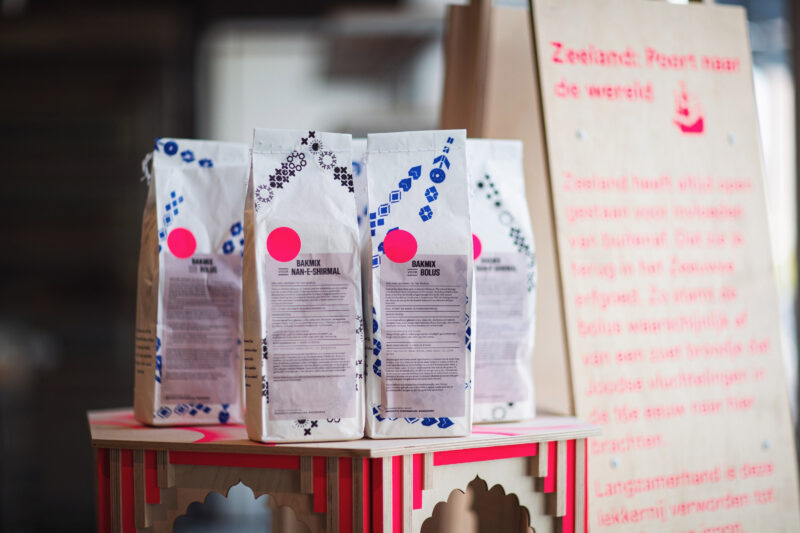
Photo Viorella Luciana Photography
To visualize the dynamic and ever-changing evolvement of cultural heritage a display is located at bakery De Man Die Bakt in Zierikzee. This bakery makes fresh bolus buns every day, and the display highlights the Jewish origins of the bolus. A special baking mix is for sale, with two options: do you opt for the familiar bolus, or do you choose an unknown delicacy from afar?
To read about the design research that preceded this design, and the importance of the term ‘falsely authentic’ in this project, you can read more here.

